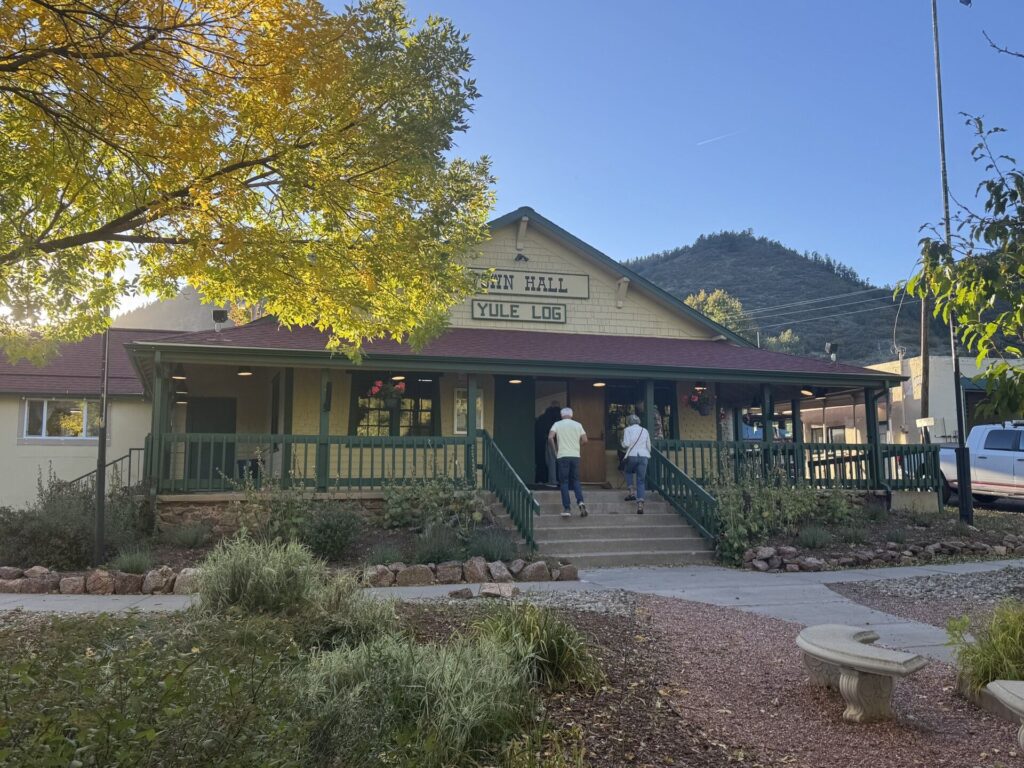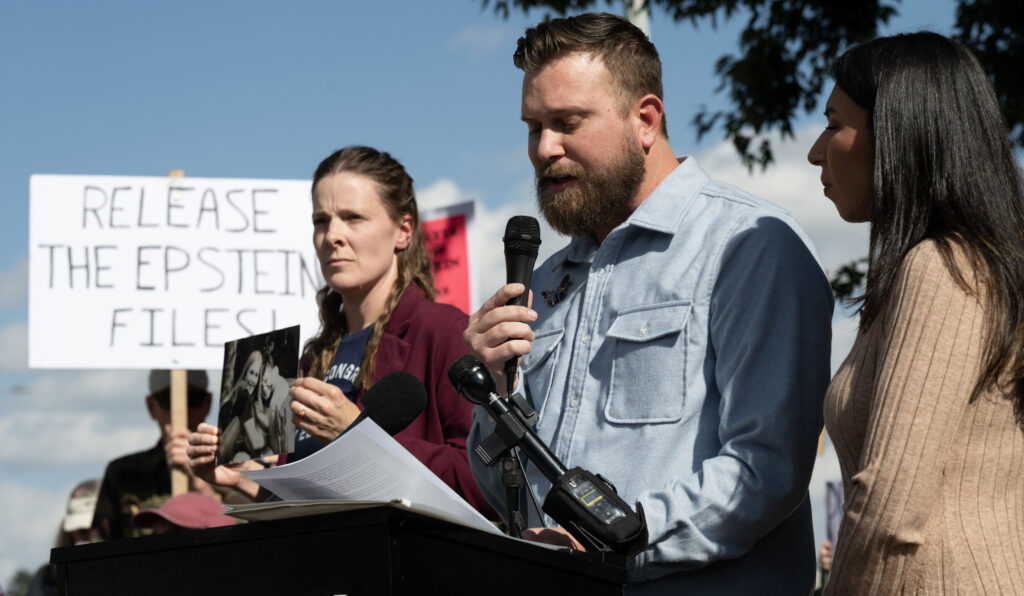Senate Democrats push to save some committees on chopping block due to budget shortfalls
While canceling interim committees would save the state budget about $300,000 in general fund dollars, that doesn’t appear to be a good enough reason for Senate Democrats — including two members of the Joint Budget Committee (JBC) — who fought to keep two of the interim committees currently on the chopping block.
Senate Bill 199 would have put a pause on the following committees for 2025:
• Legislative Emergency Preparedness, Response, and Recovery Committee
• Statewide Healthcare Review Committee
• Opioid and Other Substance Use Disorders Study Committee
• Colorado Health Insurance Exchange Oversight Committee
• Legislative Oversight Committee Concerning Colorado Jail Standards
• Legislative Oversight Committee Concerning Tax Policy and Task Force
• Legislative Oversight Committee Concerning the Treatment of Persons with Behavioral Health Disorders in the Criminal and Juvenile Justice Systems
• Pension Review Committee and Subcommittee
• Sales and Use Tax Simplification Task Force
The Colorado Youth Advisory Council would also be canceled under SB 199, saving $50,000.
Of the listed committees, the first three haven’t met in several years; the fourth — the health insurance exchange committee — met in 2024 but did not submit any bills for the legislature’s consideration in 2025.
The bill was amended several times during Wednesday’s Senate debate, including canceling field trips for the Capital Development Committee and any per diem and travel expenses for anyone serving on an interim committee that hasn’t been canceled. Many interim committees, including Capital Development and the Water Resources and Agriculture Review Committee, travel during the interim.
One of the fights Wednesday, led by JBC member Sen. Judy Amabile, D-Boulder, occurred over the effort to restore the committee dealing with behavioral health disorders in the criminal justice system. Amabile has served on that committee in the past, including as chair.
She told the Senate that the committee still has work to do on the issue of competency under its charge of disengaging mental health from criminal justice.
“I do not want the work to stop,” Amabile said.
Sen. Julie Gonzales, D-Denver, said the state is assessing an annual $12 million fine related to the competency “crisis.” This committee and its associated task force are working on policy changes that will end that fine. The competency issue is tied to “excessively long waitlist times for criminal defendants ordered to be evaluated and restored to competency,” according to Colorado Competency Solutions.
The fine is the outcome of a consent decree from a federal court. It is paid to a “fines committee” tied to Colorado Competency Solutions and sent to local programs to deflect individuals from the competency system.
The arguments eventually won the support of the bill’s sponsors, Senate Majority Leader Robert Rodriguez, D-Denver and Senate Minority Leader Paul Lundeen, R-Monument.
Sen. Faith Winter, D-Westminster, said she is disappointed by the cancelation of the youth program and sought approval for an amendment that would give it back its authority and money.
“It’s a critical time not to lose the momentum of this group,” said Sen. Janice Marchman, D-Loveland.
The amendment also won the support of JBC Chair Sen. Jeff Bridges, D-Greenwood Village.
Winter offered a substitute for the keeping the youth program in the form of a committee she said needs a “haircut.” That’s the Transportation Legislative Review Committee, which Winter has chaired. The TLRC, as it’s known, doesn’t offer as much input into policy as some of the other committees being cut do, she said.
Lundeen pointed out what’s at stake, saying he’d rather spend the money on public education than interim committees.
“We have to save money, and this was an option,” said Rodriguez. “We’re trying to find nickels and dimes,” explaining that this is just a temporary pause, and it’s been done before, most recently during COVID.
Winter’s attempt failed, but a second effort, from Lundeen, won Senate approval. It gives the group authority to meet but without the authority to draft legislation. And they could get its $50,000 back.
The bill now heads to a final vote in the Senate.











